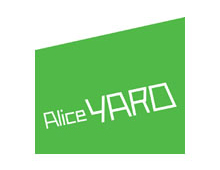Culture on a global scale concerns us all. But it is above all the responsibility of readers--of publishers, in other words. True, it is unjust that an Indian from the far north of Canada, if he wishes to be heard, must write in the language of the conquerors--in French, or in English. True, it is an illusion to expect that the Creole language of Mauritius or the West Indies might be heard as easily around the world as the five or six languages that reign today as absolute monarchs over the media. But if, through translation, their voices can be heard, then something new is happening, a cause for optimism. Culture, as I have said, belongs to us all, to all humankind. But in order for this to be true, everyone must be given equal access to culture. The book, however old-fashioned it may be, is the ideal tool. It is practical, easy to handle, economical. It does not require any particular technological prowess, and keeps well in any climate. Its only flaw--and this is where I would like to address publishers in particular--is that in a great number of countries it is still very difficult to gain access to books. In Mauritius the price of a novel or a collection of poetry is equivalent to a sizeable portion of the family budget. In Africa, Southeast Asia, Mexico, or the South Sea Islands, books remain an inaccessible luxury. And yet remedies to this situation do exist. Joint publication with the developing countries, the establishment of funds for lending libraries and bookmobiles, and, overall, greater attention to requests from and works in so-called minority languages--which are often clearly in the majority--would enable literature to continue to be this wonderful tool for self-knowledge, for the discovery of others, and for listening to the concert of humankind, in all the rich variety of its themes and modulations.
-- J.M.G. Le Clézio's Nobel lecture--delivered yesterday in Stockholm--is now online.







